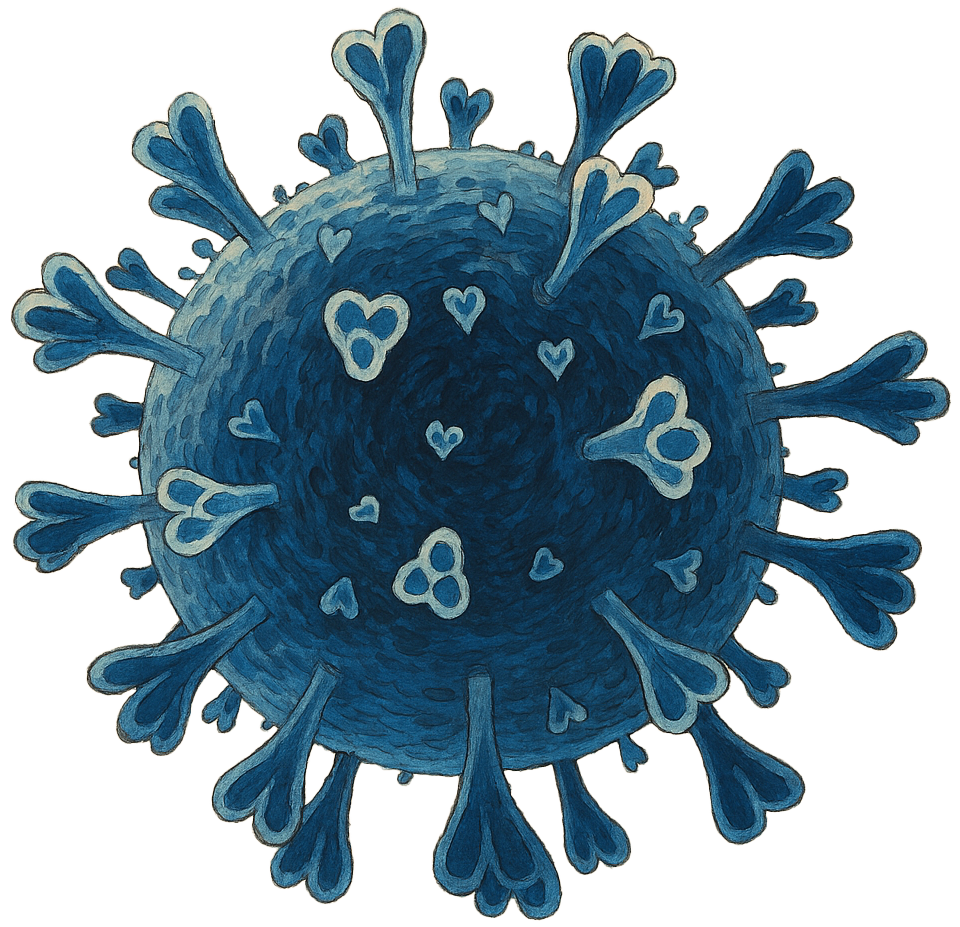Ramipril for COVID-19
COVID-19 involves the interplay of 350+ viral and host proteins and factors providing many therapeutic targets.
Scientists have proposed 10,000+ potential treatments.
c19early.org analyzes
200+ treatments.
We have not reviewed ramipril in detail.
, Real-world evidence with a retrospective cohort of 15,968 Andalusian COVID-19 hospitalized patients suggests 21 new effective treatments and one drug that increases death risk., medRxiv, doi:10.1101/2022.08.14.22278751
Despite the extensive vaccination campaigns in many countries, COVID-19 is still a major worldwide health problem because of its associated morbidity and mortality. Therefore, finding efficient treatments as fast as possible is a pressing need. Drug repurposing constitutes a convenient alternative when the need for new drugs in an unexpected medical scenario is urgent, as is the case with COVID-19. Using data from a central registry of electronic health records (the Andalusian Population Health Database, BPS), the effect of prior consumption of drugs for other indications previous to the hospitalization with respect to patient survival was studied on a retrospective cohort of 15,968 individuals, comprising all COVID-19 patients hospitalized in Andalusia between January and November 2020. Covariate-adjusted hazard ratios and analysis of lymphocyte progression curves support a significant association between consumption of 21 different drugs and better patient survival. Contrarily, one drug, furosemide, displayed a significant increase in patient mortality.
, Screening Large Population Health Databases for Potential COVID-19 Therapeutics: A Pharmacopeia-Wide Association Study (PWAS) of Commonly Prescribed Medications, Open Forum Infectious Diseases, doi:10.1093/ofid/ofac156
Abstract Background For both the current and future pandemics, there is a need for high-throughput drug screening methods to identify existing drugs with potential preventative and/or therapeutic activity. Epidemiologic studies could complement lab-focused efforts to identify possible therapeutic agents. Methods We performed a pharmacopeia-wide association study (PWAS) to identify commonly prescribed medications and medication classes that are associated with the detection of SARS-CoV-2 in older individuals (>65 years) in long-term care homes (LTCH) and the community, between January 15 th, 2020 and December 31 st, 2020, across the province of Ontario, Canada. Results 26,121 cases and 2,369,020 controls from LTCH and the community were included in this analysis. Many of the drugs and drug classes evaluated did not yield significant associations with SARS-CoV-2 detection. However, some drugs and drug classes appeared significantly associated with reduced SARS-CoV-2 detection, including cardioprotective drug classes such as statins (weighted OR 0.91, standard p-value <0.01, adjusted p-value <0.01) and beta-blockers (weighted OR 0.87, standard p-value <0.01, adjusted p-value 0.01), along with individual agents ranging from levetiracetam (weighted OR 0.70, standard p-value <0.01, adjusted p-value <0.01) to fluoxetine (weighted OR 0.86, standard p-value 0.013, adjusted p-value 0.198) to digoxin (weighted OR 0.89, standard p-value <0.01, adjusted p-value 0.02). Conclusions Using this epidemiologic approach which can be applied to current and future pandemics we have identified a variety of target drugs and drug classes that could offer therapeutic benefit in COVID-19 and may warrant further validation. Some of these agents (e.g. fluoxetine) have already been identified for their therapeutic potential.
Please send us corrections, updates, or comments.
c19early involves the extraction of 200,000+ datapoints from
thousands of papers. Community updates
help ensure high accuracy.
Treatments and other interventions are complementary.
All practical, effective, and safe
means should be used based on risk/benefit analysis.
No treatment or intervention is 100% available and effective for all current
and future variants.
We do not provide medical advice. Before taking any medication,
consult a qualified physician who can provide personalized advice and details
of risks and benefits based on your medical history and situation. IMA and WCH
provide treatment protocols.
Thanks for your feedback! Please search before submitting papers and note
that studies are listed under the date they were first available, which may be
the date of an earlier preprint.

